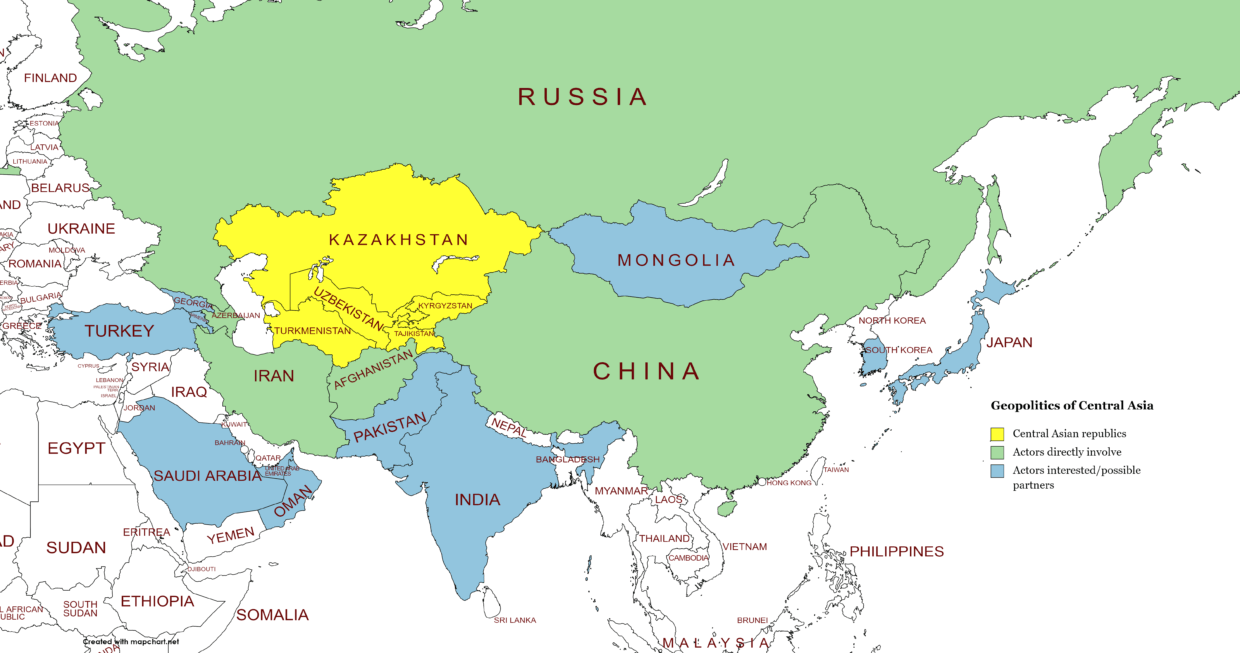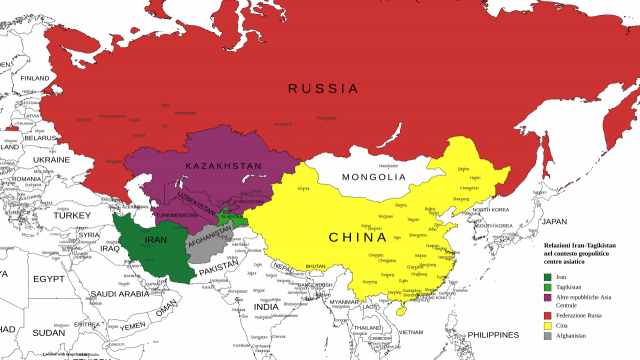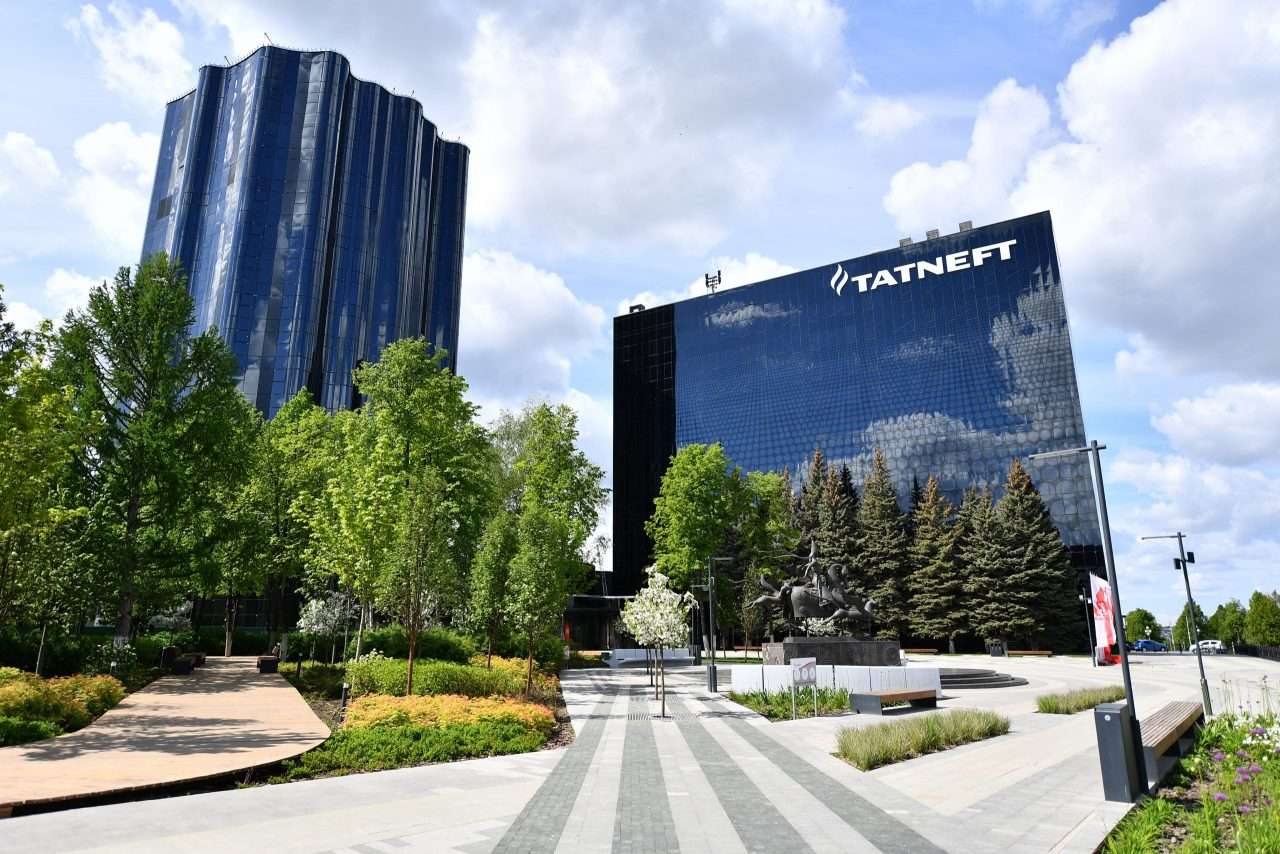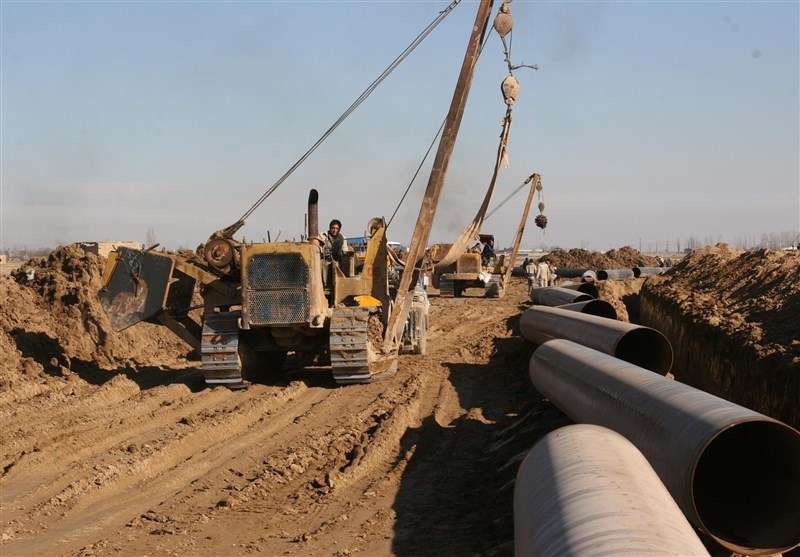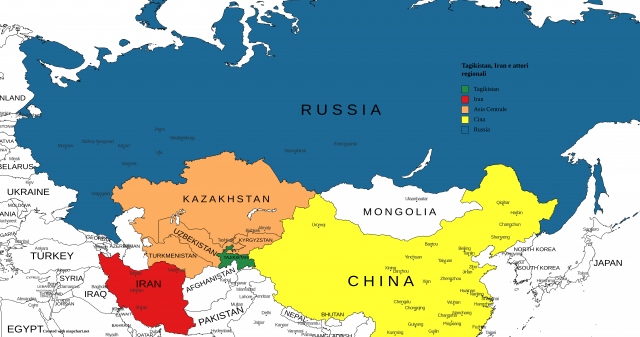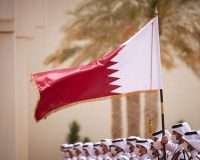UAE investments in Turkmenistan confirm Abu Dabhi’s potential role in Central Asia
The recent visit of a Turkmen delegation in Abu Dhabi emphasised the rising role that the United Arab Emirates want to play in Central Asia, focusing their efforts on investment […]

